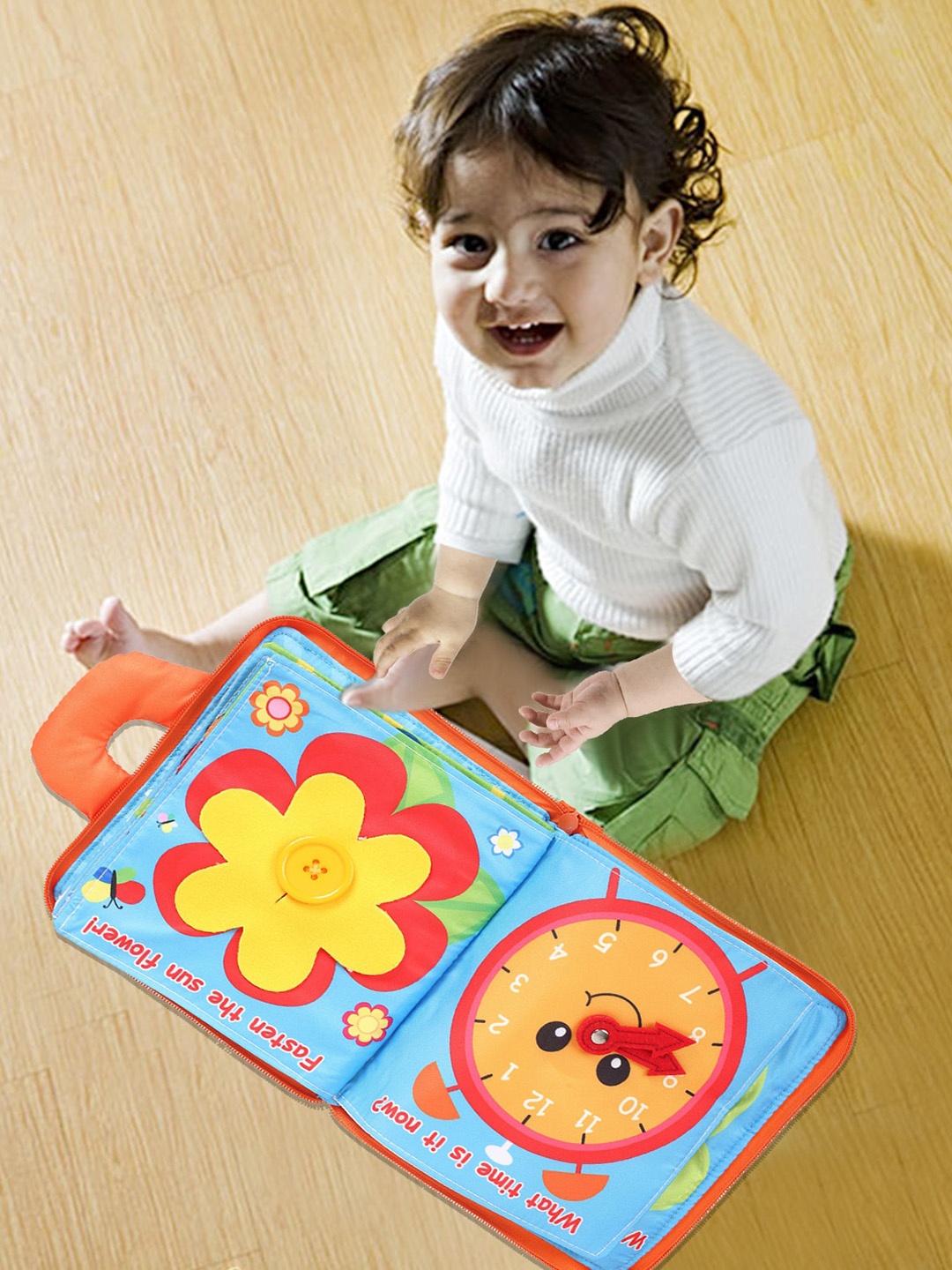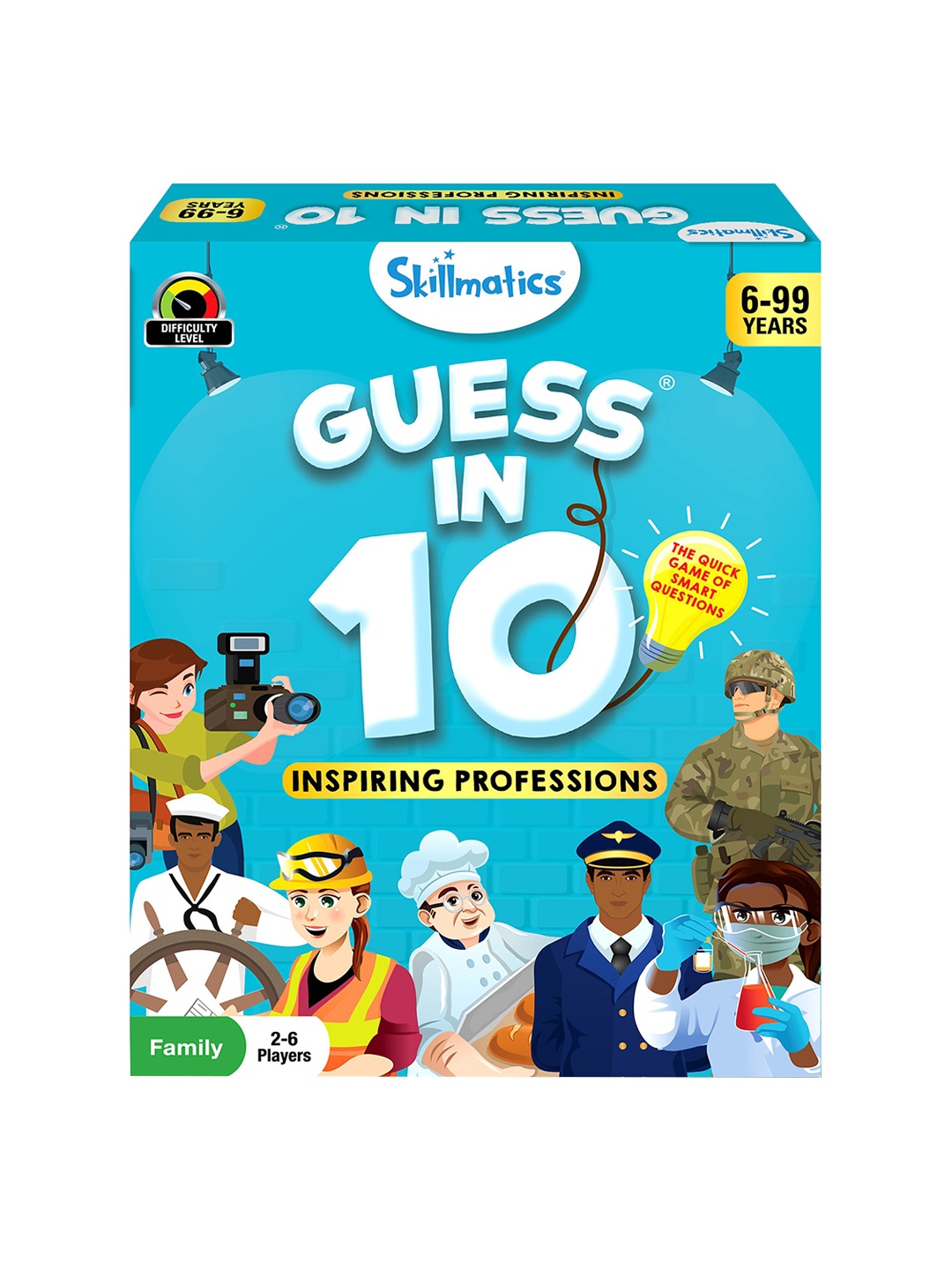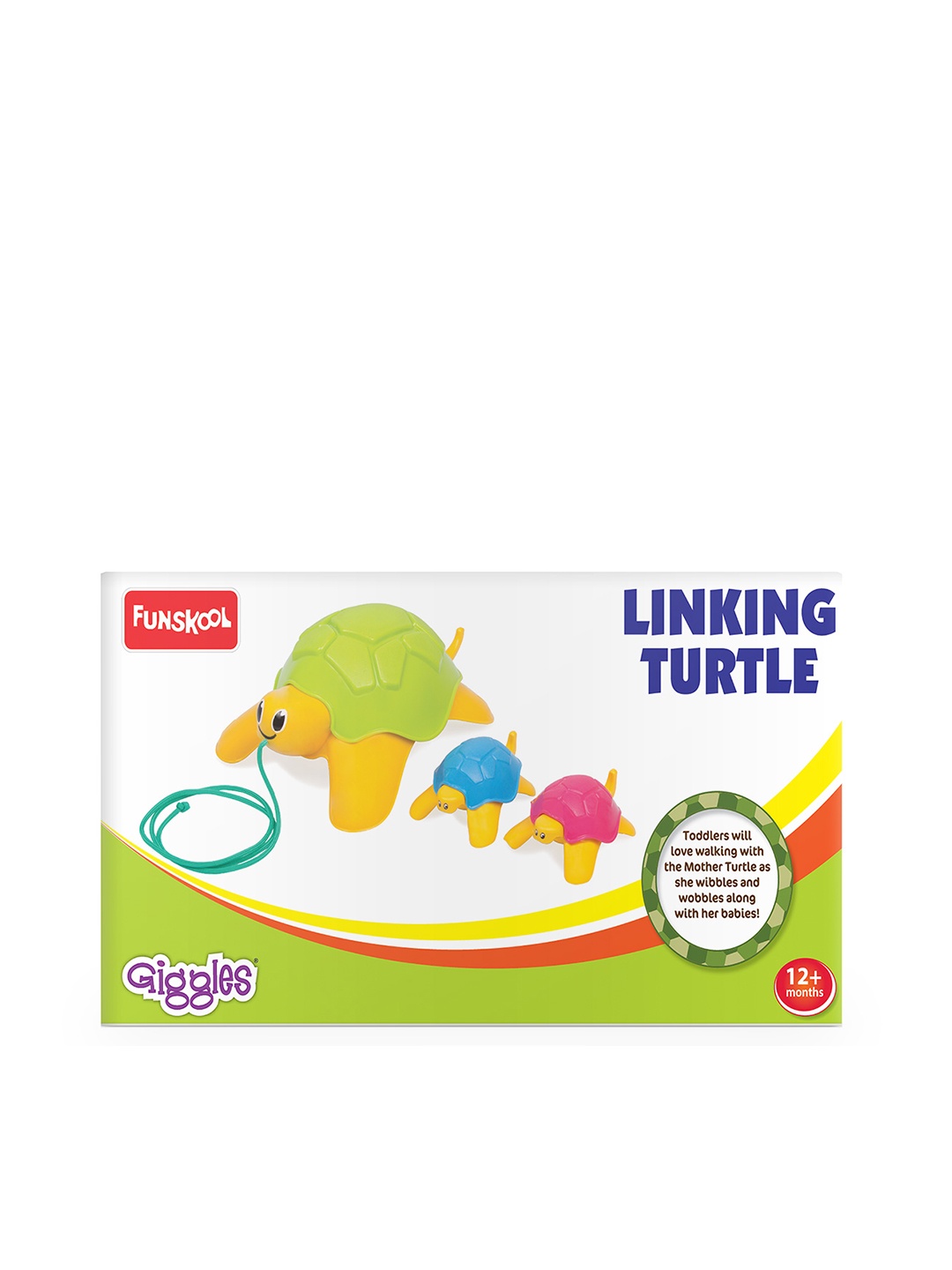Why Stuffed Toys Still Matter: 10 Reasons Kids Love Soft Toys More Than Gadgets Even In The Tech Age
From battery-powered robots to AI-based learning apps, children today grow up with screens. Yet, nestled in many a child's arm lies a soft, squishy, stuffed toy. Uncover the timeless appeal of stuffed toys and why they triumph over technology in a child's world - 10 reasons.

10 Reasons Why Soft Toys Outshine Screens in a Child's World.
Every household has that one fuzzy teddy bear with a missing eye, or a threadbare bunny who has seen better days but is still a child's most precious belonging. In an era dominated by tablets, smartphones and talking gadgets, it might seem odd that these quiet, motionless toys still hold such importance. But walk into any toy store today, and there's still an entire aisle dedicated to stuffed animals, fluffy elephants, cartoon characters, and those ever-reliable teddy bears. In a world of screens and gadgets, discover the 10 heartwarming reasons why a simple stuffed animal remains a child's best friend.

From cuddles to imaginary adventures, explore the 10 compelling reasons why soft toys continue to hold a special place in kids' hearts; Photo Credit: Pexels
Why? Because something about a stuffed toy feels safe. Familiar. Reassuring. It offers comfort when the lights are off and the thunder is loud. It listens without interrupting and becomes a character in endless bedtime stories. While technology dazzles and distracts, stuffed toys remain steadfast.
Also Read: List Of Cute Cartoon Stuffed Toys Available Today On Flipkart | Shop Before Stock Runs Out
Let's explore why, even in 2025, soft toys are still a child's first friend, and often, their most loyal one.
1. Emotional Anchors In A Fast-Paced World
Children today grow up in a whirlwind, online classes, buzzing notifications, rapid-fire cartoons, and overstimulation from all sides. Amidst this, stuffed toys play a quiet but powerful role. They don't beep or vibrate. They don't ask for attention, they simply offer presence.
Think of the three-year-old who refuses to sleep without his lion plushie. Or the little girl clutching her faded bunny during her first flight. These toys become emotional anchors, safe spaces that travel with children through uncertain situations.
They provide a sense of stability and familiarity. While gadgets might be entertaining, they don't offer the emotional comfort of a squishy elephant that's been hugged a thousand times. And let's face it, no app can wipe tears quite like a teddy soaked in them.
2. A Gateway to Imagination And Role Play
Stuffed toys don't come with instructions. They don't have built-in stories or pre-recorded voices. And that's precisely why children love them. A soft toy can be anything, a superhero, a teacher, a sibling, even a villain in a pillow-fight war.
Take the example of little Aarav who hosts tea parties for his teddy brigade every Sunday. No screen can replicate that kind of unstructured, boundless imaginative play. Stuffed toys become part of imaginary worlds where rules are made, broken and remade.
This kind of play is crucial, it nurtures creativity, empathy, and social understanding. It's not just fun; it's learning in its most natural, joyful form. And the best part? No Wi-Fi needed.
3. A Constant Companion Through Childhood Milestones
Whether it's the first day of school, a trip to the doctor, or moving to a new city, life throws big changes at little people. Stuffed toys become a consistent companion through these transitions. They're the friends that never move away, never judge, and never say no.
In many households, a teddy or plushie becomes a silent witness to everything, a child's first words, first tears, even first crushes. Parents often find that children talk to their stuffed toys before they talk to anyone else about their fears, joys, and secrets.
They're more than toys, they're confidants. And sometimes, they're even passed on from one sibling to another, carrying stories, smells, and memories with them.
4. No Batteries Required, Only Love
In a world where toys need charging cables and software updates, there's something incredibly comforting about a toy that just... exists. A stuffed toy doesn't run out of battery during a car ride. It doesn't freeze mid-sentence or demand a ₹1,499 in-app purchase.
Stuffed toys ask for nothing but affection. And perhaps a name.
They're low-maintenance, but high-impact. Parents appreciate that they're easy to clean and rarely break. Kids love that they're always available, day or night, quiet or noisy, happy or sad.
That simplicity is powerful. In an age obsessed with 'smart', these toys quietly prove that sometimes, 'soft' is smarter.
5. Cultural Nostalgia Passed Down Generations
Many adults still remember their own childhood stuffed animals. That threadbare monkey from the roadside fair. The floppy-eared dog brought back from a family trip to Shimla. These toys often evoke warm, vivid memories.
There's a reason parents gift stuffed animals to their children, it's an emotional inheritance of sorts. A way of saying, 'This brought me comfort. I hope it does the same for you.'
Even with the rise of modern gadgets, the first toy gifted to a newborn is often a soft animal. It's a cultural tradition that quietly continues across decades. Grandparents, especially, tend to choose plushies over tech. Not out of habit, but from memory.
Stuffed toys are legacy objects. They don't just exist; they endure.
6. Promoting Empathy and Emotional Intelligence
Role-playing with stuffed animals often includes feeding them, putting them to sleep, scolding them gently, or comforting them when they're 'sad'. Through these acts, children learn empathy, not through lectures, but through play.
A soft toy becomes an emotional sounding board. When a child plays nurse to a sick teddy, they're not just mimicking, they're understanding care. When they say 'sorry' to a dropped plush friend, they're learning emotional responsibility.
These lessons stay long after the toy is outgrown. Empathy, once learnt through such quiet, loving acts, becomes second nature. It's heartwarming to think that a child may learn kindness not from an online course, but from a fluffy giraffe.
7. Sleep-Time Guardians and Soothing Rituals
Screens can distract, but they rarely soothe. Soft toys, on the other hand, often become essential to bedtime rituals. They're tucked in next to children, hugged tightly during nightmares, and whispered to in the dark.
Psychologists often note that transitional objects, like soft toys, help children self-soothe. They become a bridge between a parent's presence and the child's own ability to sleep alone.
Take six-year-old Naina, who insists that her rabbit plush be kissed goodnight along with her. These rituals might sound simple, but they offer deep emotional comfort. They also help establish healthy sleep routines, something screens tend to disrupt.
No lullaby playlist can quite match the magic of a stuffed toy lying beside you, still and warm.
8. Safe from the Glare of Screens and Advertising
Modern toys often double as advertisements. Characters from movies, games, and shows flood the market, constantly pushing the next product. But stuffed toys, especially generic ones, are free from this cycle.
A plain brown bear isn't selling anything. It isn't tied to the latest franchise. And that makes it timeless.
For parents looking to slow down the consumerist treadmill, soft toys are a relief. They're not trying to teach coding or singing alphabet songs at 200 bpm. They simply are, open to interpretation, creation, and pure play.
In a world where even toys have agendas, these silent companions are refreshingly agenda-free.
9. Comforting During Illness and Difficult Times
Hospitals and doctor visits are scary at any age. But many hospitals now hand out soft toys or allow children to bring theirs during visits. Why? Because the comfort is real.
A stuffed elephant doesn't cure a fever, but it eases the fear. During times of grief or separation, when a parent is away, or after a major change, these toys become coping tools.
Children find solace in routines, and when life turns upside down, a soft toy represents normalcy. Many therapists even use them during counselling sessions with children to encourage expression and ease anxiety.
They're more than cute, they're deeply therapeutic.
10. A Childhood Without Deadlines
Gadgets often have targets, levels, rewards, and schedules. They're part of a world where even play can become performance. Soft toys, though, offer pure, unstructured joy.
They don't care if you play with them at 2 am or dress them in absurd outfits. They don't expect you to win. They just want to be.
This kind of open-ended play is crucial, it allows children to develop at their own pace, without pressure. It creates room for boredom, which often sparks creativity. It allows time to wander, imagine, and simply be a child.
In a society obsessed with outcomes, a fluffy bear reminds children, and sometimes parents, that not everything needs a purpose to be valuable.
Products Related To This Article
1. HUG 'n' FEEL SOFT TOYS Long Soft Lovable Huggable Cute Giant Life Size Teddy Bear Plush
2. Babique Cat Flower Plush Soft Toy Cute Kids Animal Home Decor Boys
3. Babique Sitting Dog Stuffed Plush Animal
4. DearJoy Big Size Fibre Filled Stuffed Animal Elephant Soft Toy for Kids of Plush Hugging Soft Toy for Kids boy Girl Birthday Gift
5. Babique Panda Bamboo Tube Pillow Stuffed Animals Plush Toy
6. SCOOBA Cap Penguin Plush Soft Toy 35cm Penguin Plush Toy
7. Babique Unicorn Teddy Bear Plush Soft Toy Cute Kids Birthday Animal Baby Boys
Stuffed toys may not have fancy apps or flashing lights. They don't teach coding or sing lullabies. But what they do offer is far more profound, they teach love, patience, comfort, and imagination.
They're the first friends many children make. The quiet ones who never leave, never demand, and never forget. In a world racing toward the future, these soft little creatures continue to hold space for simple, honest childhood. And sometimes, when no one is watching, even adults give them a secret hug. After all, some friendships, like a beloved stuffed toy, are truly timeless. Shop now on Amazon.

























